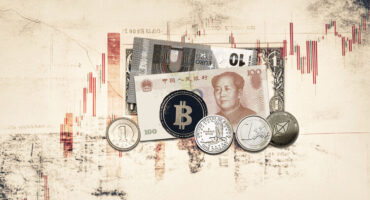
- AUD/JPY Sees Uptick as Japanese Yen Weakens Amid Poor Export Performance
- Japan Reports Modest Export Growth of 3.9% in March, Missing Expectations and Declining from February’s High
- Australian Dollar Faces Challenges Despite Recent Support from Global Risk Sentiment
The AUD/JPY pair is experiencing a rebound, currently trading around 90.70, as the Japanese Yen (JPY) weakens due to disappointing export data for March. Japan’s exports increased by only 3.9% year-over-year, reaching JPY 9,847.8 billion and falling below the anticipated 4.5% rise. This growth rate is a significant drop from the 11.4% increase seen in February, fueled by US tariffs on steel and aluminum. Nonetheless, an uptick in imports indicates that Japan’s domestic demand is still relatively strong.
Japan’s Economy Minister Ryosei Akazawa has clarified that currency issues are not being discussed in the current trade talks in Washington. Japan is advocating for the removal of tariffs imposed during the Trump administration, including a 10% general tariff and an additional 25% on car exports. Akazawa expressed optimism about reaching a mutually beneficial deal soon, noting the US’s eagerness to conclude negotiations within the 90-day timeframe.
While the Japanese Yen shows weakness, the Australian Dollar (AUD) faces potential limitations in its gains. Australia’s recent employment data revealed a rise in the Unemployment Rate to 4.1% in March, slightly better than the expected 4.2%. However, the Employment Change was less than anticipated at 32.2K, missing the forecast of 40K.
The AUD is drawing some strength from improved global risk sentiment following US President Donald Trump’s decision to exempt key technological products from new “reciprocal” tariffs. These exemptions, which include smartphones and semiconductors, primarily benefit China—Australia’s top trading partner. Despite this, Trump has initiated an investigation into potential tariffs on critical minerals, escalating trade tensions with China.










Leave a Comment